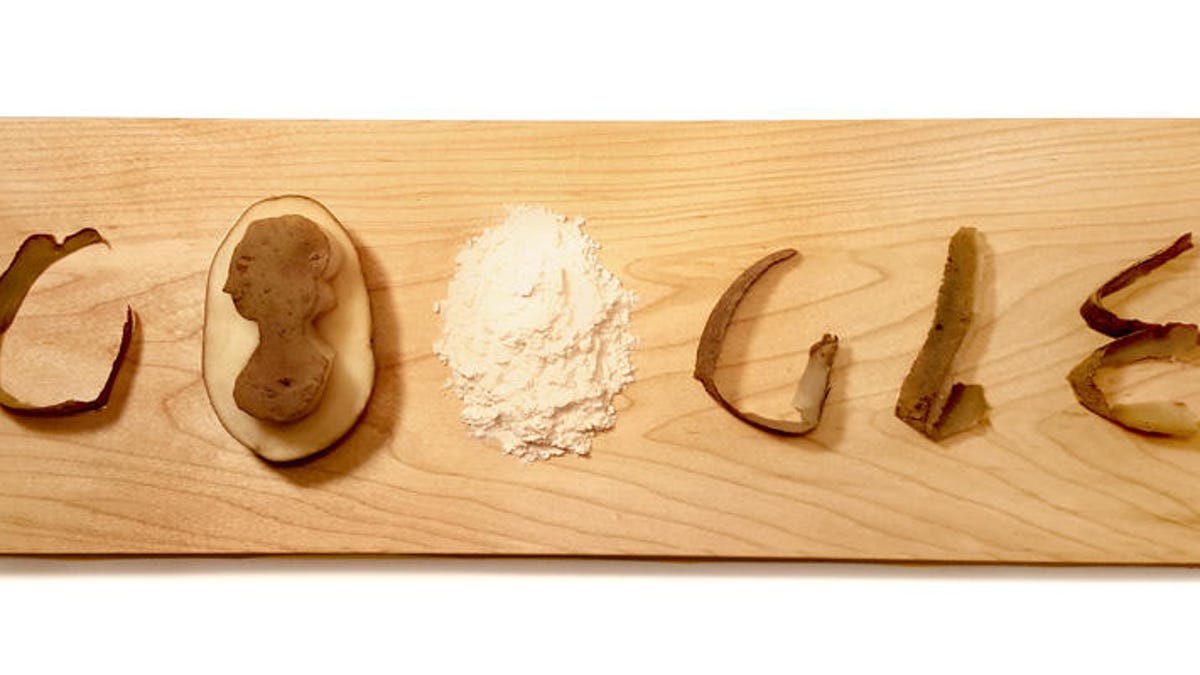Google Doodle toasts Eva Ekeblad, made alcohol from potatoes
The Swedish countess and scientist showed the spud's potential for drink and food, reducing the frequency of famine.

Google Doodle honors Eva Ekeblad.
Were it not for Eva Ekeblad, our perception of vodka -- and potatoes as a food source -- might be much different.
Ekeblad was a bit of a Renaissance woman. Born in the first quarter of the 18th century, Ekeblad was a Swedish countess, scientist and agronomist -- someone who researches multiple uses for plants.
She is best-remembered for discovering that alcohol and flour can be produced from potatoes. Her work to bring potatoes out of the greenhouses to the masses is why Google honored Ekeblad with a Doodle on her 293rd birthday.
Her contribution not only made potatoes a food staple, but her work also helped increase the supply of wheat, rye and barley -- helping reduce the frequency of famine. She also discovered a method of bleaching cotton textile and yarn with soap in 1751.
For these contributions, and others, in 1748, she was the first woman elected to the Royal Swedish Academy of Sciences -- an honor that wouldn't be bestowed on another woman for another 203 years.
Accomplishments all worth a toast.
Solving for XX: The industry seeks to overcome outdated ideas about "women in tech."
Tech Enabled: CNET chronicles tech's role in providing new kinds of accessibility.

